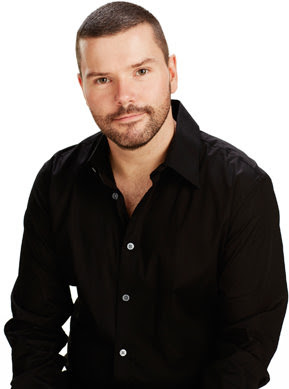Did you plan to become a science writer when you began your career?
I loved nature as a child and studied biology at university. I went on to do a masters course at The Natural History Museum in London. I wanted a career where I remained involved with science – but I was after a vocation that allowed more room for creativity than a research scientist focused on answering narrow questions. I was lucky in that I got a six-month news writing internship with the US journal Science, and my career really spiralled out from there. I work as an editor more than a journalist now, but writing about science is still the thing I love most.
What are a few of the most interesting and surprising topics you’ve covered?
I’ve covered everything over the last 16 years from cosmology and Mayan archaeology to epigenetics and robotics. I’ve just spent a few weeks out on a boat tracking blue whales in the open ocean. When you start out, it benefits you to write about as many topics as possible, as it teaches you to find a compelling way to communicate any complex subject. Since I moved to Australian Geographic six years ago, I have covered a lot of natural history and conservation and in my book writing I focus on dinosaurs and palaeontology. I find anything about prehistoric life fascinating, perhaps because it’s mysterious, so there’s space for some imagination and speculation. That makes it fun to write about too – and writers play an important role when it comes to communicating extinct creatures to the public, because we’d never know anything about them otherwise. I also really like to discover the human story around the science.
What advice would you give to people interested in freelance science writing?
Have a passion for science and an interest in communicating that to other people. Be passionate about topics that interest you, be tenacious and persistent, seek out every opportunity and never turn anything down you might regret later. Read as much popular science as possible and keep on top of the science news. Try and work out what you like about how other people have effectively communicated science. Find ways to get writing experience, whether that’s through a university newspaper, a community news website or even a blog network. Start your own blog and be active on Twitter – it’s as useful for finding story ideas and contacts as it is for spreading your own views and ideas.
 John Pickrell is an award-winning journalist and the editor of Australian Geographic magazine. He is also the author of Flying Dinosaurs: how fearsome reptiles became birds. John has worked in London, Washington DC and Sydney for publications including New Scientist, Science, Science News and Cosmos.
John Pickrell is an award-winning journalist and the editor of Australian Geographic magazine. He is also the author of Flying Dinosaurs: how fearsome reptiles became birds. John has worked in London, Washington DC and Sydney for publications including New Scientist, Science, Science News and Cosmos.